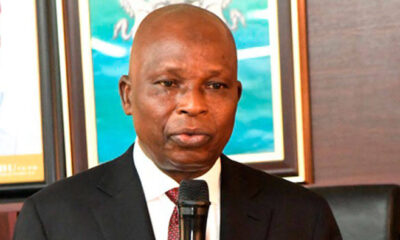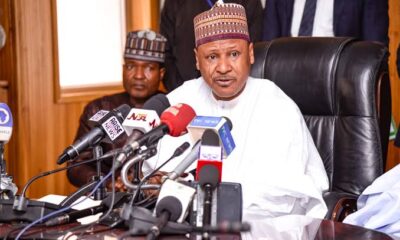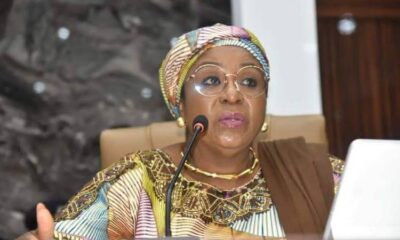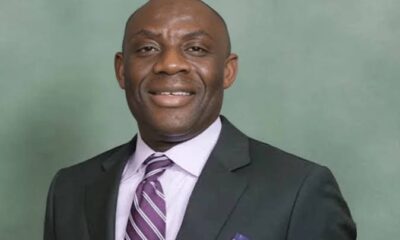The Nation
Private sector agrees with FG on N60,000 minimum wage proposal
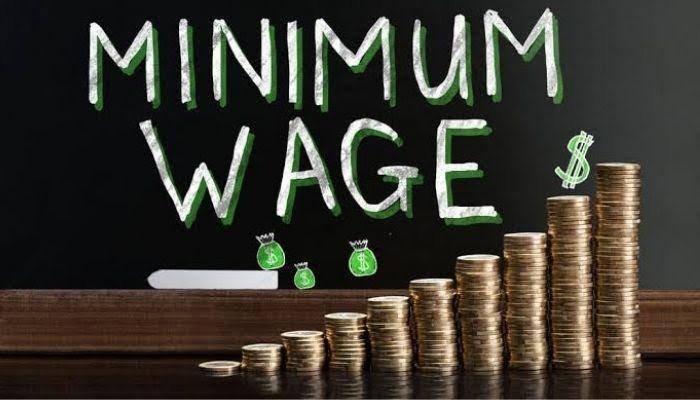
The Director-General Manufacturing Association of Nigeria (MAN), Ajayi Kadri, has revealed that the private sector has agreed to the Federal Government’s proposed minimum wage of N60,000.
Ajayi revealed this during an interview with Channels TV in Abuja on Saturday.
Kadri clarified that the discussions aim to establish a minimum wage, not a living wage, which is the minimum income necessary for workers to sustain themselves.
He stressed that the economic difficulties both labor and businesses are currently facing, which complicate the wage negotiations.
“It’s a very challenging time for anyone to negotiate minimum wage. Both the government and the private sector recognize the unfavorable macroeconomic conditions and global economic turbulence,” Kadri stated.
Since the onset of the wage discussions, it has been apparent to all parties involved—government, labour, and the private sector—that the negotiations would be tough. Despite these challenges, the private sector and the government have jointly proposed a minimum wage of N60,000.
Kadri clarified that this figure represents the base pay for the lowest-paid workers in the country, not a living wage.
Kadri further explained that both the government and the private sector are struggling to meet the proposed N419,000 living wage demand due to severe economic constraints and inflation.
He suggested that the current economic climate is not conducive for negotiating a new minimum wage and that efforts should instead focus on economic recovery.
“All parties—the government, labor, and the private sector—are aware of the difficult economic environment we are operating in. The government’s capacity to pay is limited, and the private sector is burdened by microeconomic, infrastructure, and security challenges,” he explained. Kadri added that labor unions are under immense pressure to secure higher wages due to skyrocketing inflation and a challenging operating environment.
Throughout the negotiation process, it has been highlighted that now is not the ideal time for minimum wage discussions. Instead, there should be a concerted effort to strengthen the economy so that a more substantial wage can be achieved in the future.
Kadri appealed to labour unions to reconsider their decision to embark on a nationwide strike, stressing that such actions could further harm the already fragile economy. He expressed disappointment over labor’s rejection of the N60,000 offer and their decision to strike.
“We cannot afford to cripple the economy. President Tinubu has acknowledged the tough times ahead and urged everyone to tighten their belts for economic recovery,” Kadri said during the Channels Television’s Sunrise program. He called for responsible government spending and efficient governance to address the economic challenges.
Kadri appealed to labor unions to remain engaged in the negotiation process, emphasizing that strikes are not a viable solution to resolving the underlying issues.
The organized labor declared an indefinite nationwide strike, on Friday, in response to the Federal Government’s refusal to increase the proposed minimum wage from N60,000. They noted that the strike follows the expiration of a deadline for the government to finalize all minimum wage negotiations by the end of May.


